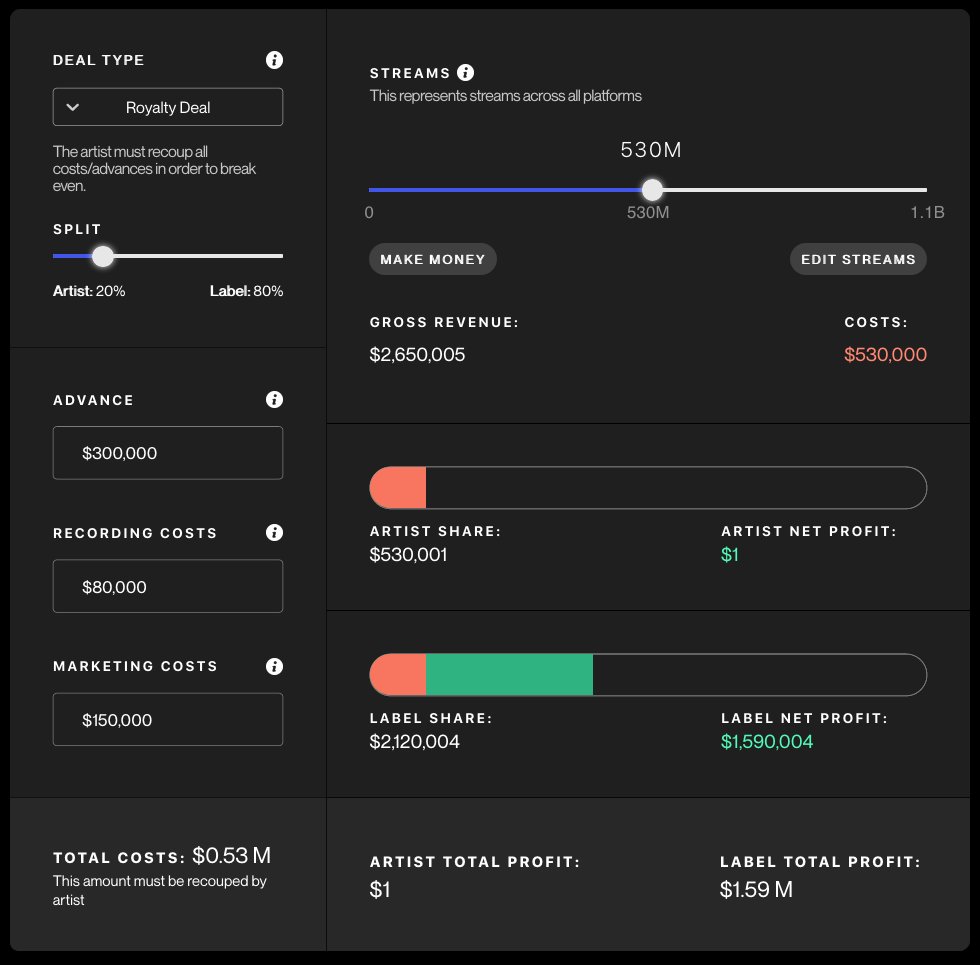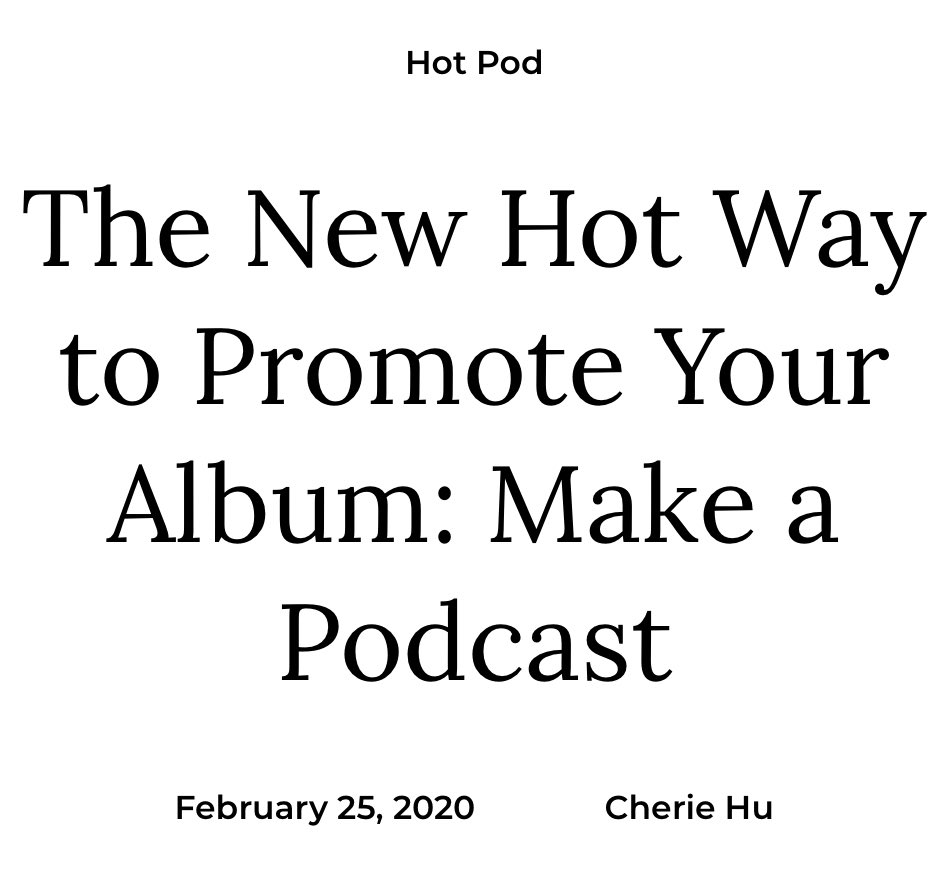
How to get URL link on X (Twitter) App


https://twitter.com/holmesprice/status/1674372979885580289

 pt. 2: the emerging Access Industries <> BlackRock <> Rotana Group tech/rights entanglement, with newly-public companies Warner Music Group and Deezer at the center
pt. 2: the emerging Access Industries <> BlackRock <> Rotana Group tech/rights entanglement, with newly-public companies Warner Music Group and Deezer at the center 

 compared to our previous collab sprints on music/web3, Season 2 presented an incredibly steeper learning curve; there are SO many contradicting definitions of the metaverse out there, and so many different technologies it invokes (gaming, 3D design, VR/AR/MR, spatial audio, etc).
compared to our previous collab sprints on music/web3, Season 2 presented an incredibly steeper learning curve; there are SO many contradicting definitions of the metaverse out there, and so many different technologies it invokes (gaming, 3D design, VR/AR/MR, spatial audio, etc).

 play around with it >>>> dealsim.createos.app
play around with it >>>> dealsim.createos.app
https://twitter.com/DistroKid/status/1307781648264486912Also, charging artists so they won’t overwhelm playlist owners is a very non-artist-centric product decision, and having price as the only filter will eventually make it even *more* like playing the lottery because you’re paying a price for the ticket.
https://twitter.com/LilNasX/status/1273316717662363648?s=20

 I unpacked the issue through the lens of three different scenarios:
I unpacked the issue through the lens of three different scenarios:

 @PIXIES @mxmtoon Most of the hybrid album/podcast releases to date have been nonfiction, behind-the-scenes docs—but then there are ones like Asking For It, which contextualizes a band's lyrics, demos and archival footage from shows within a wholly new, fictional narrative: mermaidpalace.org/Asking-For-It
@PIXIES @mxmtoon Most of the hybrid album/podcast releases to date have been nonfiction, behind-the-scenes docs—but then there are ones like Asking For It, which contextualizes a band's lyrics, demos and archival footage from shows within a wholly new, fictional narrative: mermaidpalace.org/Asking-For-It